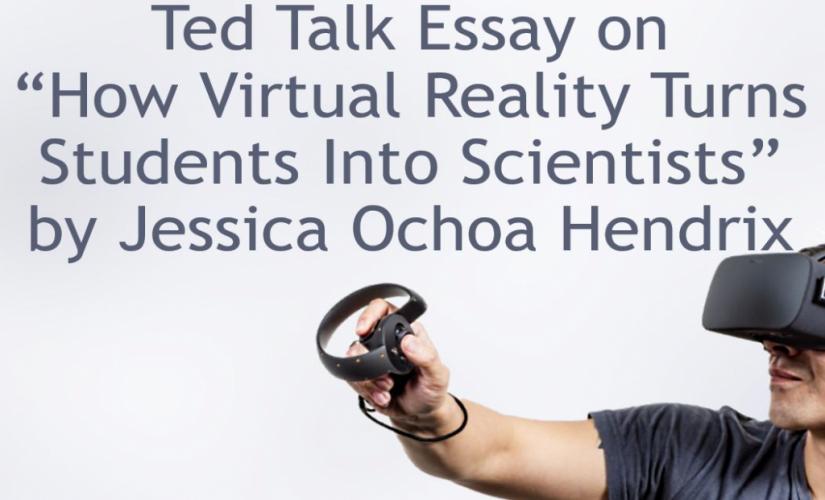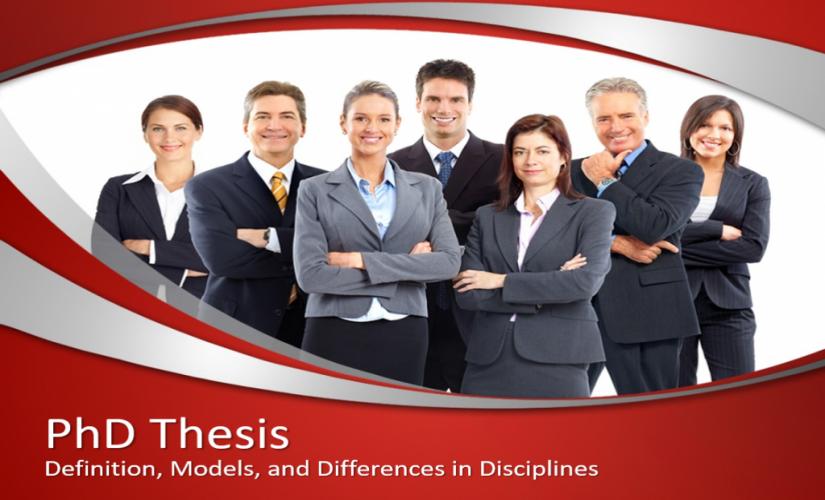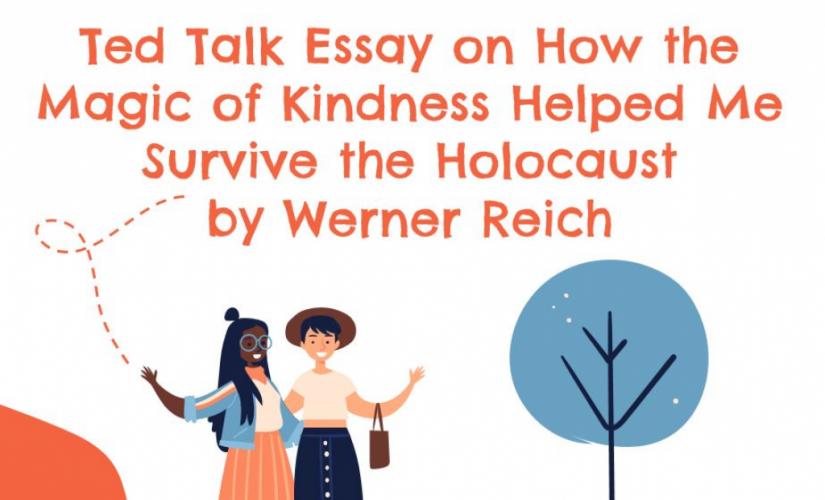In 2019, an education activist, Jessica Ochoa Hendrix, gave her speech “How Virtual Reality Turns Students Into Scientists” on bringing science to life in schools. For the last couple of years, she has been working on an extended reality project that would enable students to take on the role of marine biologists. By considering this Ted Talk essay, her speech is mainly focused on the ways virtual reality can improve the education process. At one point, the speaker interprets the statistics dubiously, but it is up to the reader to decide which stance to hold. Hendrix heats her audience’s interest in virtual reality by pointing out the advantages of the technology and providing feedback from the participants of her project. This and further research lead to the conclusion that virtual reality could be a great tool to improve the quality of education, regardless of the subject.
Effective Learning and Virtual Reality
Contrary to the commonly held stance, students do not experience a terrible lack of interest in science. When using data, it is extremely important to avoid any possible biases and prejudices, regardless of the wish to influence the audience. At the beginning of her talk, Hendrix states that 57 percent of the ninth-graders just do not believe they could have anything to do with science (Hendrix 00:00:51 – 00:00:58). This is more than a half, but the number also means that 43 percent are interested in the field. These many students willing to take on the role of scientists is more than enough to meet the job market demand in the following years. According to data gained in the UK, the interest in STEM professions is two times higher than the predicted demand (Chambers et al. 21). This evidence does not mean that the education field should resign from encouraging students towards science. Nevertheless, educators must acknowledge that teaching humanities subjects also needs some innovative approaches. Regardless of the subject, students will benefit from more accessible and effective education that virtual reality can provide.

Affordable Education
Modern technologies could make education more affordable. Hendrix believes that virtual reality makes education more accessible (00:01:31 – 00:01:37). Traditional methods of engaging students in science classes involve laboratory works. To conduct them, students need specific tools and materials, which means that each practical experience comes at a price. Virtual reality, on the other hand, provides cost-effective practice of procedures using that would normally be cost-prohibitive (Merchant et al. 30). All students need to learn with modern technologies is a smartphone, which is a commonplace nowadays. Writing about such advancements can be structured similarly to understanding how to write an ethics paper when addressing societal changes. Furthermore, schools also save money on the staff, since students can work independently and do not need that much assistance anymore. Virtual reality can make the education process cheaper, but that is pointless if the learners will suffer as a result.
Evaluation
The evaluation criterion of a particular teaching methodology is how people directly engaged with it feel. It has to be satisfiable both to the teachers and the students. The feedback received from Hendrix’s experiment showed that both categories are satisfied. To put it shortly, virtual reality makes students believe that they could be scientists (Hendrix 00:04:55-00:04:59). Technologies give professional scientists the ability to show the best parts of their work to the intended audience. As a result, students become more aware of what they can explore as researchers and see how interesting the job can be. From the perspective of teachers, it is a great tool to improve the quality of knowledge students get. Virtual reality can engage multiple senses throughout the course of learning (Babich par. 3). Nowadays, children are used to dynamic visual and auditory data, so teachers struggle to deliver the material effectively by using traditional methods. Education via virtual reality has a sense of adventure that excites students and makes them better understand and remember the topic.
Conclusion
Virtual reality is an
effective way to improve the education process. Learning becomes cheaper, and
thus more accessible. Teachers believe in the effectiveness of the technology,
and students provide positive feedback as well. Even though there is no
justification in believing that children lack interest in science,
incorporating virtual reality in the education process is a must-have. This
process can help with the learning in general, and not only with scientific
subjects. In fact, the usage of virtual reality should be extended to all the
fields taught at school.
Works Cited
Babich, Nick. “How Virtual Reality Will Change the Way We Learn and Teach.” XD Ideas, 2019, xd.adobe.com/ideas/principles/emerging-technology/virtual-reality-will-change-learn-teach.
Chambers, Nick, et al. Drawing the Future. Quantum House, 2018.
Hendrix, Jessica O. “How Virtual Reality Turns Students Into Scientists.” TED, 2019, www.ted.com/talks/jessica_ochoa_hendrix_how_virtual_reality_turns_students_into_scientists.
Merchant, Zahira, et al. “Effectiveness of Virtual Reality-Based Instruction on Students’ Learning Outcomes in K-12 and Higher Education: A Meta-Analysis.” Computers & Education, vol. 70, 2014, pp. 29–40, doi:10.1016/j.compedu.2013.07.033.


